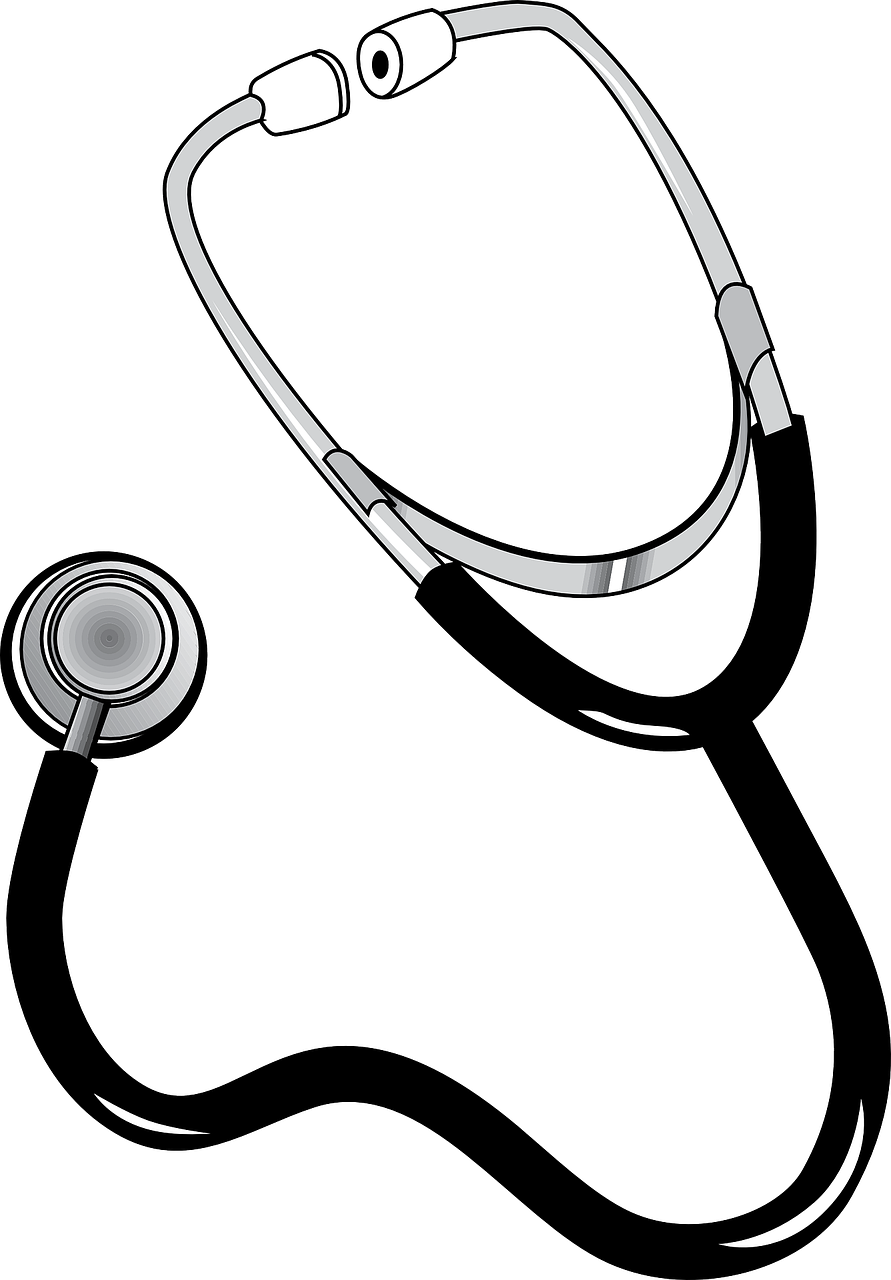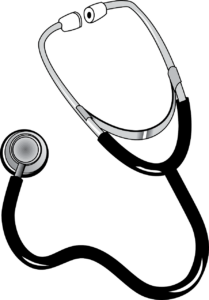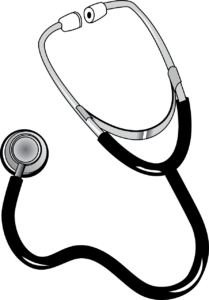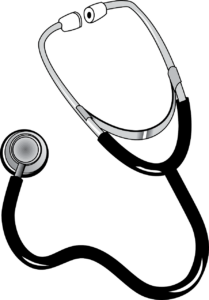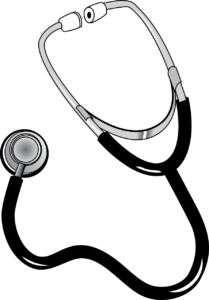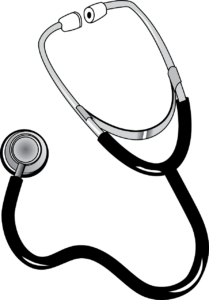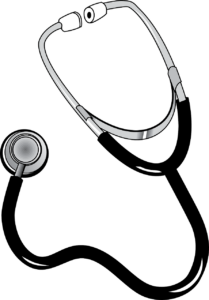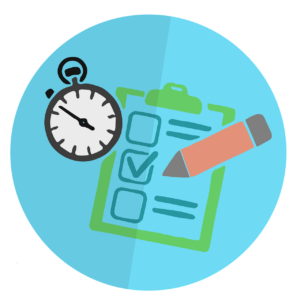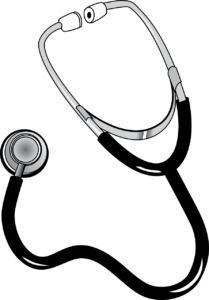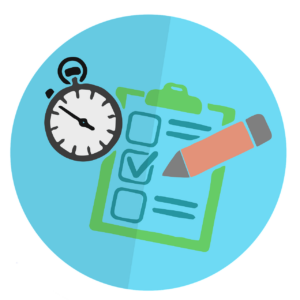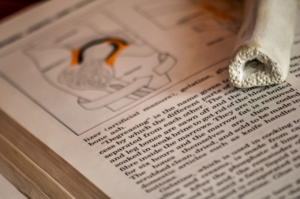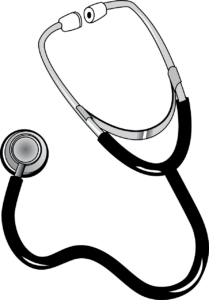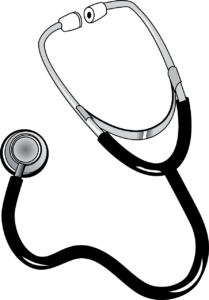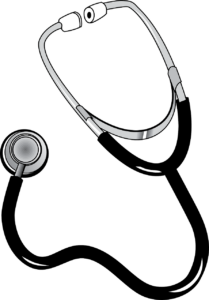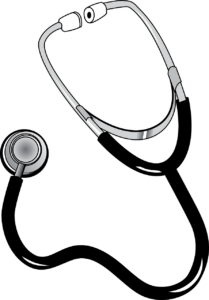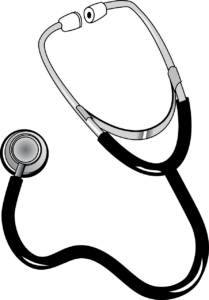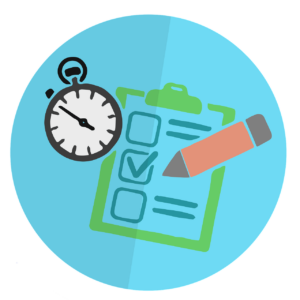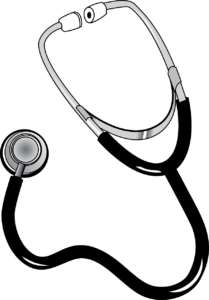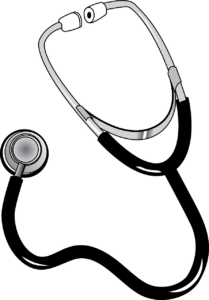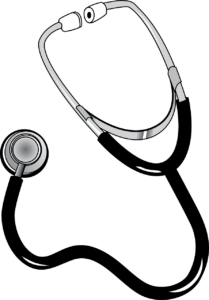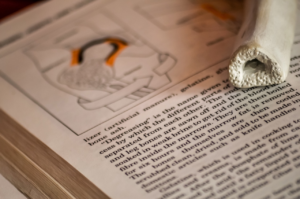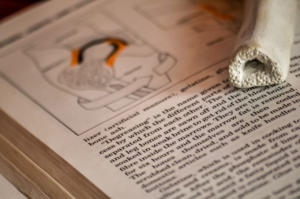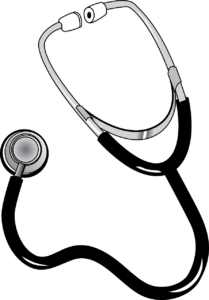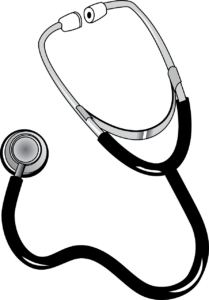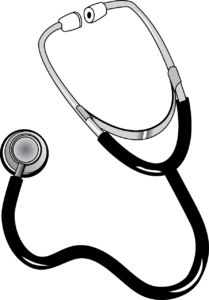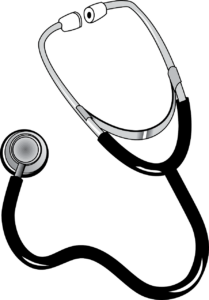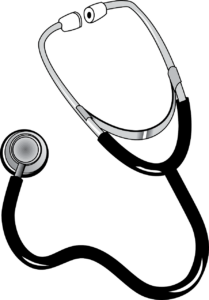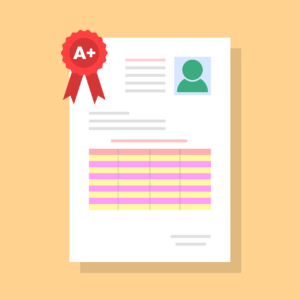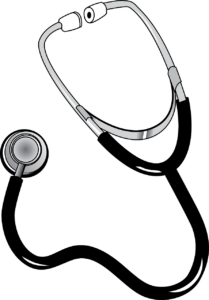Are you a nursing student struggling to prepare for your upcoming exams? Do you find yourself cramming the night before, only to forget everything by the time you sit down to take the test? Don’t worry, you’re not alone.
Many nursing students struggle with studying effectively for exams. However, with the right strategies and techniques, you can improve your study habits and increase your chances of success.
In this article, we’ll provide you with effective strategies and techniques for studying for a nursing exam. From starting early and staying organized to practicing with questions and collaborating with peers, we’ll cover everything you need to know to prepare for your next exam with confidence.
So, grab your notebook and pen, and let’s get started.
Key Takeaways
- Starting early and staying organized is key
- Active reading strategies and effective note-taking strategies improve understanding and retention
- Practice exams help identify weak areas and improve test-taking skills
- Collaborating with peers provides a supportive environment and helps identify strengths and weaknesses
Start Early and Stay Organized
You gotta start early and stay organized if you wanna ace that nursing exam! Time management is key when it comes to studying for a nursing exam.
You need to make sure you have enough time to cover all the material and review it multiple times before the exam day. Make a study schedule that works for you and stick to it. When creating your study schedule, make sure to prioritize the topics that you find most difficult.
This will ensure that you have enough time to fully comprehend these topics before moving on to others. Also, don’t forget to include breaks in your study schedule. Taking breaks can help you stay focused and avoid burnout.
By starting early and staying organized, you will be able to approach your nursing exam with confidence and have a better chance of acing it.
Active Reading
By actively reading the material, you can better understand the concepts and retain the information. This means more than just reading through the material once or twice, it means engaging with the text and using critical thinking to analyze the information. One effective strategy for active reading is to break down the content into smaller sections and then summarize the main points in your own words. This helps you to focus on the key concepts and ensures you are retaining the information.
Another strategy for active reading is to ask questions as you read. This helps to engage your critical thinking skills and encourages active listening. For example, you may ask yourself questions like "What is the main point of this paragraph?"or "How does this relate to what I learned in class?"By asking these questions, you are more likely to retain the information and be able to apply it to different scenarios.
| Active Reading Strategy | Benefits |
|---|---|
| Summarize main points in your own words | Helps you focus on key concepts and retain information |
| Ask questions as you read | Engages critical thinking skills and encourages active listening |
Incorporating active reading strategies into your study routine can greatly improve your overall understanding of the material and increase your chances of success on nursing exams. So, take the time to break down the content, summarize key points, and ask questions as you read. Your brain will thank you for it!
Note-Taking
Taking effective notes is crucial for retaining information and performing well on assessments. There are several effective approaches to note-taking that can help nursing students succeed.
First, it’s important to stay organized. Use headings and subheadings to separate different topics or ideas. This can make it easier to review your notes later on.
Additionally, make sure to write in your own words rather than simply copying down what the instructor is saying or what’s in the textbook. This will help you better understand the material and retain it in the long run.
On the other hand, there are also common mistakes that nursing students should avoid while taking notes. One of the most significant mistakes is not paying attention to important details. This could include missing important information or failing to write down key concepts.
Another mistake is not reviewing your notes regularly. This can make it difficult to remember important details when it comes time to study for an exam.
By avoiding these mistakes and implementing effective note-taking strategies, nursing students can improve their ability to retain information and perform well on assessments.
Practice Questions
Now it’s time to focus on practice questions! You’ll want to use practice exams to help prepare for your nursing exams.
As you go through the practice questions, identify your weak areas so you can review them more thoroughly. And don’t forget to review both correct and incorrect answers to learn from your mistakes.
Use Practice Exams
Ready to ace your nursing exam? Boost your confidence and test-taking skills by utilizing practice exams.
One of the benefits of repetition is that it helps you retain information and become more familiar with the type of questions you may encounter on the actual exam. By taking practice exams, you’re able to identify your strengths and weaknesses, and focus your studying efforts accordingly.
When it comes to finding reliable resources for practice exams, be sure to look for ones that are developed by reputable sources, such as nursing education organizations or publishers of nursing textbooks. You can also check with your instructors or classmates for recommendations.
Additionally, consider purchasing a study guide or online course that includes practice exams as part of the curriculum. By using quality practice exams, you’ll feel more prepared and confident when it’s time to take the actual nursing exam.
Identify Weak Areas
It’s crucial to pinpoint where you struggle in order to improve your chances of success on the test. Identifying strategies and self-assessment are key components in this process.
One effective strategy is to review your previous exams and assignments to identify patterns in your mistakes. This can provide insight into the areas where you need to focus your studying.
Another helpful technique is to take practice exams and quizzes on specific topics. This allows you to identify your weak areas and concentrate on improving them.
It’s also important to be honest with yourself and assess your own understanding of the material. Ask yourself questions about the topic and try to explain it in your own words. This will help you identify any gaps in your knowledge and give you a better idea of where you need to focus your studying.
By identifying your weak areas and implementing effective study strategies, you’ll be better equipped to succeed on your nursing exam.
Review Correct and Incorrect Answers
Reviewing both correct and incorrect answers can provide valuable insight into your understanding of the material and help you improve your performance on future assessments. Analyzing mistakes is an essential part of the learning process, and it can help you identify areas where you need to focus your attention.
When reviewing your answers, take the time to understand why you got a question right or wrong. Retrospective thinking can help you identify gaps in your knowledge and develop a deeper understanding of the material.
To make the most of your review, consider the following tips:
-
Take notes on the questions you got wrong and the ones you struggled with. Write down the concepts you need to review and the areas where you need more practice.
-
Look for patterns in your mistakes. Are you consistently struggling with a particular type of question or concept? Identifying these patterns can help you focus your study efforts and improve your performance.
-
Use your mistakes as an opportunity to learn. Don’t just memorize the correct answer; try to understand why it’s the right answer. This will help you retain the information better and apply it in different contexts.
Collaborate with Peers
Teaming up with classmates to prepare for a nursing exam can be fun and effective! Peer support and group study can give you the opportunity to share your knowledge and learn from others’ experiences. Setting up study groups with classmates provides a supportive environment where everyone can contribute and learn from each other.
Collaborating with peers can also help you identify your strengths and weaknesses. You can share your notes and compare your answers to the practice questions. This way, you can learn from each other’s mistakes and improve your understanding of the subject. Working with a group can also help you stay motivated and focused, ensuring that you cover all the topics and stay on track with your study plan. Here’s a table that shows the benefits of collaborating with peers for nursing exam preparation:
| Benefits of Collaborating with Peers | ||
|---|---|---|
| 1. Provides a supportive environment | 2. Helps identify strengths and weaknesses | 3. Promotes motivation and focus |
Collaborating with peers can be an effective strategy to study for a nursing exam. It provides a supportive environment and helps you learn from others’ experiences. Additionally, it helps you identify your strengths and weaknesses and promotes motivation and focus. So, gather your classmates and start studying together to achieve your goals and succeed in your nursing career!
Take Care of Yourself
You need to take care of yourself if you want to succeed in nursing school. This means getting enough sleep, eating healthy, exercising regularly, and managing stress.
By taking care of yourself, you’ll have the energy and focus you need to study, learn, and excel in your nursing exams.
Get Enough Sleep
Make sure you’re getting enough sleep to maximize your studying potential! As a nursing student, it’s important to prioritize sleep hygiene and establish a consistent bedtime routine. Creating a relaxing environment in your bedroom can also help you fall asleep faster and stay asleep longer.
To ensure you’re getting enough rest, consider the following tips:
- Aim for 7-9 hours of sleep each night
- Avoid caffeine and alcohol before bedtime
- Set a regular sleep schedule and stick to it, even on weekends
- Take power naps during the day to improve focus and productivity
- Understand the benefits of napping, including improved memory retention and decreased stress levels
By incorporating these practices into your daily routine, you’ll be able to approach your nursing exams with a clear and focused mind.
Remember, adequate sleep is essential for both your academic success and overall well-being.
Eat Healthy
Eating a balanced diet is crucial for nursing students who want to perform at their best. Healthy eating habits are essential for maintaining focus and concentration during long study sessions and exams. Make sure to eat plenty of fruits and vegetables, lean proteins, and whole grains. Avoid processed foods and sugary snacks, as they can cause energy crashes and distract you from your studies.
Meal prep tips can help you stay on track with your healthy eating goals. Plan out your meals in advance and pack healthy snacks to bring to school. This will help you resist the temptation to grab fast food or vending machine snacks when you’re short on time.
Additionally, try cooking in bulk and freezing individual portions for easy meals throughout the week. By prioritizing healthy eating habits and meal prep, you can set yourself up for success on your nursing exams.
Exercise Regularly
Regular exercise is essential for boosting energy levels and improving overall mood, leading to a more productive and fulfilling lifestyle. When studying for a nursing exam, it’s important to set aside time for physical activity.
The benefits of cardio are numerous, as it increases blood flow and oxygen to the brain, leading to improved cognitive function and memory retention. Incorporating yoga into your exercise routine can also provide mental clarity and relaxation, which can be particularly helpful during times of stress and anxiety.
Not only does exercise improve brain function, but it also helps to combat the negative effects of prolonged sitting and studying. Taking short breaks to stretch and move your body can prevent stiffness and tension, allowing you to study for longer periods of time without discomfort.
So, whether it’s a brisk walk or a yoga class, make sure to prioritize regular exercise as part of your study routine. Your body and mind will thank you for it.
Manage Stress
Now that you know the importance of exercising regularly to prepare for your nursing exam, let’s talk about stress management.
Stress can be a major obstacle when studying for any exam, including nursing. But with the right self-care practices, you can effectively manage your stress and stay focused on your studies.
Stress management is essential to your success as a nursing student. One effective way to manage stress is to practice self-care. This can include activities like meditation, yoga, or even taking a relaxing bath. It’s important to find what works for you and make it a regular part of your routine.
By taking care of yourself, you’ll be better equipped to handle the demands of nursing school and the stress that comes with it.
Frequently Asked Questions
How many hours should I study per day to prepare for a nursing exam?
To effectively manage your time when preparing for a nursing exam, it’s important to strike a balance between study time and other responsibilities.
It’s recommended that you study for at least 2-4 hours per day, but this can vary depending on your schedule and learning style. To make the most of your study time, try breaking it up into smaller chunks throughout the day, such as studying for an hour in the morning, afternoon, and evening. This can help you avoid burnout and retain information better.
Additionally, prioritize your study sessions by focusing on the most important topics first. By effectively managing your time and finding a study routine that works for you, you can feel confident and prepared for your nursing exam.
Are there any specific study materials that are highly recommended for nursing exams?
When it comes to preparing for a nursing exam, there are a few study materials that are highly recommended.
NCLEX review books are a great resource to have, as they provide comprehensive coverage of the topics that will be tested.
Flashcards are also highly recommended, as they allow you to review key concepts and information quickly and efficiently.
Additionally, practice quizzes can be a helpful tool, allowing you to test your knowledge and identify areas where you need to focus your studies.
Finally, study groups can be a great alternative study technique, as they provide an opportunity to learn from and collaborate with other students.
With these study materials and techniques, you can feel confident and prepared when it comes time to take your nursing exam.
How do I handle test anxiety during the exam?
When it comes to handling test anxiety during an exam, there are a few things you can do to help calm your nerves.
First, try using relaxation techniques, such as deep breathing or progressive muscle relaxation, to help you relax and focus.
Additionally, practicing positive self-talk can help boost your confidence and alleviate some of your anxiety. Remind yourself that you’ve prepared for this exam and you’re capable of doing well.
Lastly, try to stay present and focused during the exam, rather than dwelling on past mistakes or worrying about the future.
By using these techniques, you can help manage your test anxiety and perform your best on the exam.
Should I focus more on memorizing information or understanding concepts for nursing exams?
When it comes to studying for nursing exams, you may be wondering whether it’s better to focus on memorizing information or understanding concepts. The truth is, both are important.
Memorization can help you quickly recall key facts and information, but understanding concepts allows you to apply your knowledge in real-world scenarios. Effective learning techniques involve a combination of memorization and understanding.
For example, you can use mnemonic devices to help you memorize important details, while also taking the time to fully understand the underlying concepts. Additionally, practicing with sample questions can help you reinforce both your memorization and understanding skills.
So, don’t choose between memorization and understanding – aim to incorporate both into your study routine for the best results.
Is it necessary to attend every lecture or can I study on my own?
Attending lectures is crucial to your success in nursing exams, but it’s not the only way to learn. While lectures offer the opportunity to ask questions and receive feedback, self-study benefits are also significant.
You can tailor your learning experience to your specific needs and pace, and you have the flexibility to review the material as many times as you need. However, attending lectures provides structure and accountability, which can help you stay motivated and on track.
Overall, a combination of attending lectures and self-study is the best approach to maximize your learning and prepare for nursing exams.
Conclusion
Congratulations! You’ve now learned some effective strategies and techniques on how to study for a nursing exam.
Remember, starting early and staying organized is key. You can make use of active reading, note-taking, and practice questions to enhance your learning experience. Collaborating with peers can also be beneficial, as it allows you to share knowledge and learn from each other.
Lastly, remember to take care of yourself. Ensure that you’re getting enough sleep, eating well, and taking breaks when needed. By adopting these tips, you can improve your chances of success and pass your nursing exams with flying colors.
Good luck!




